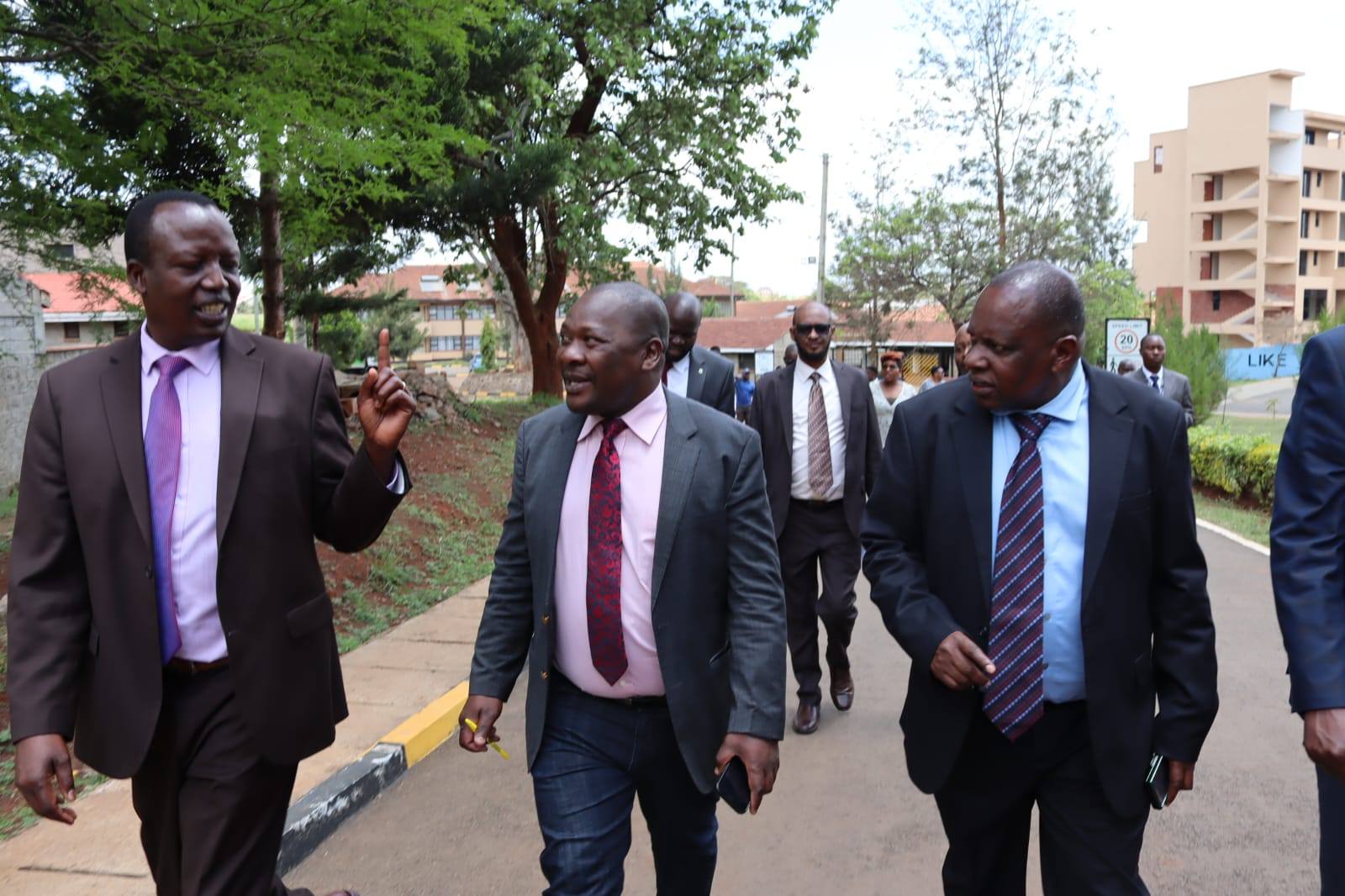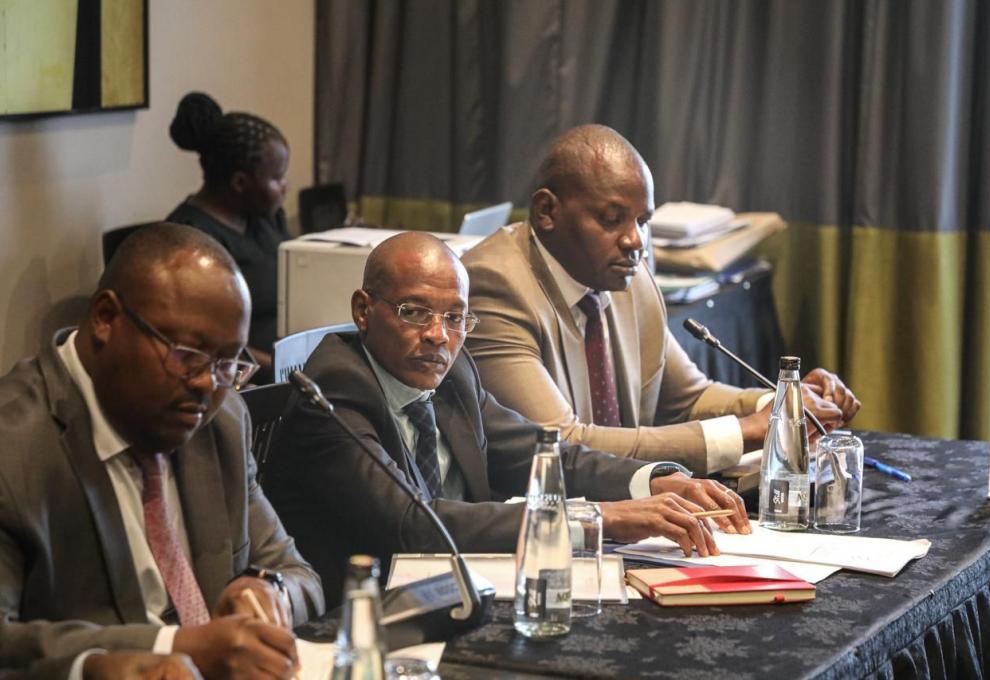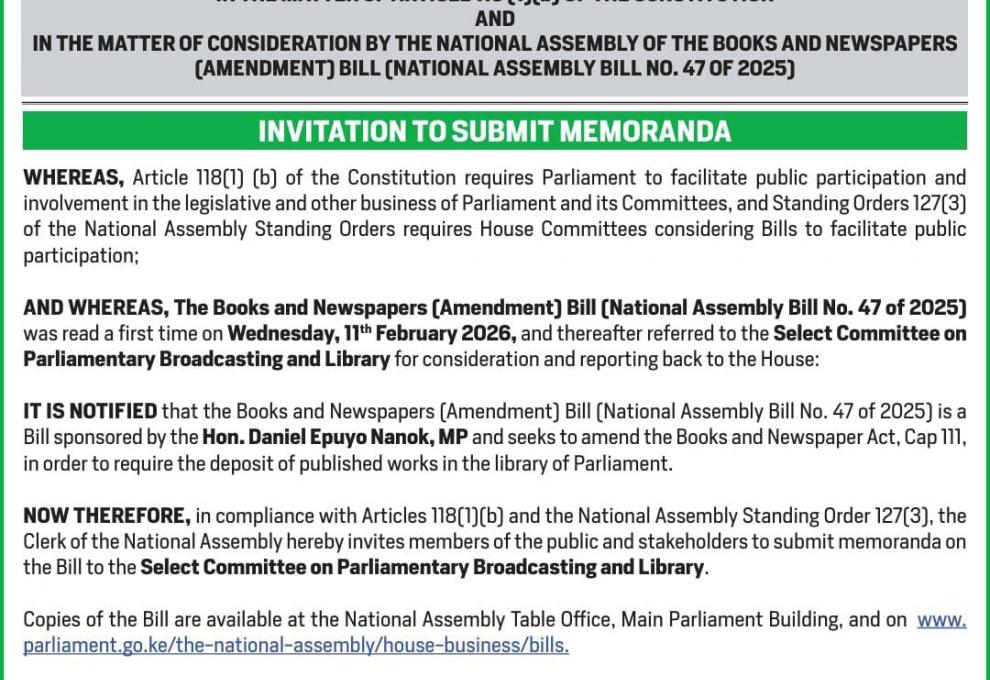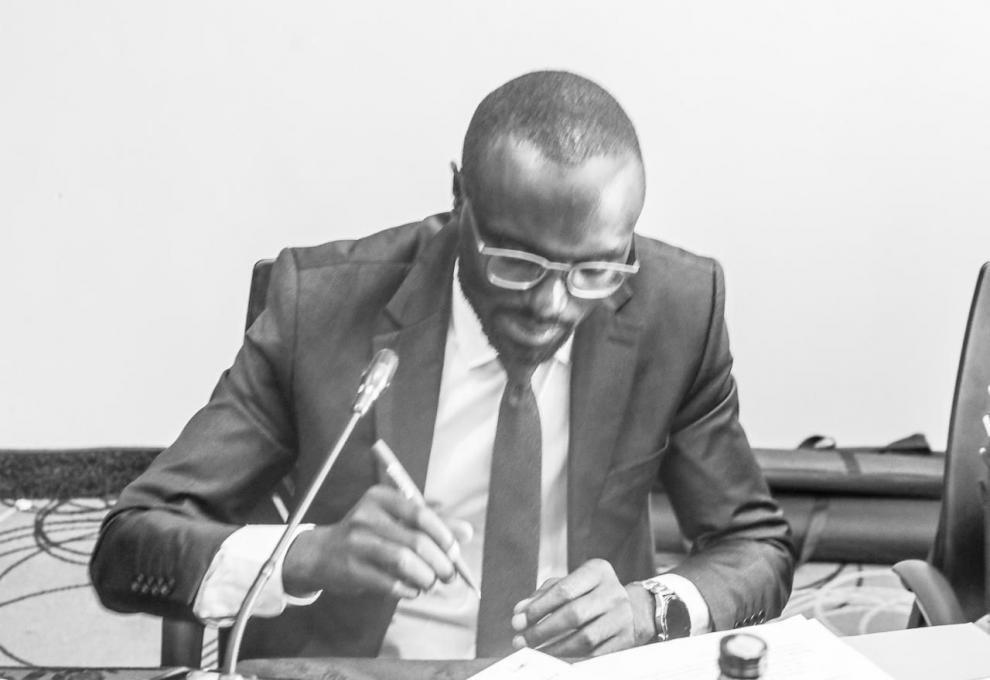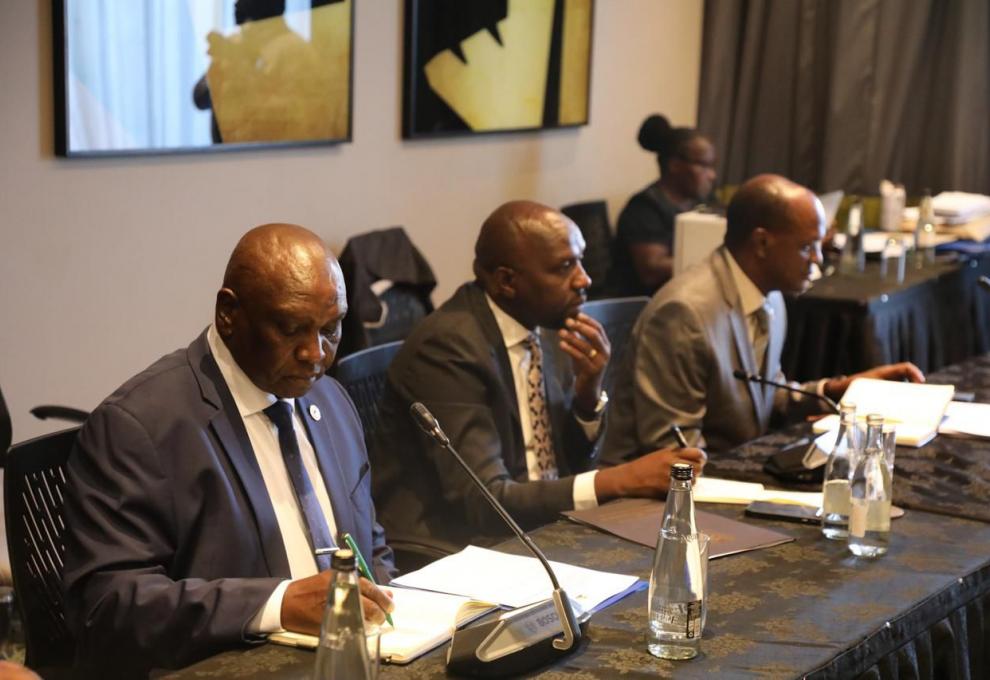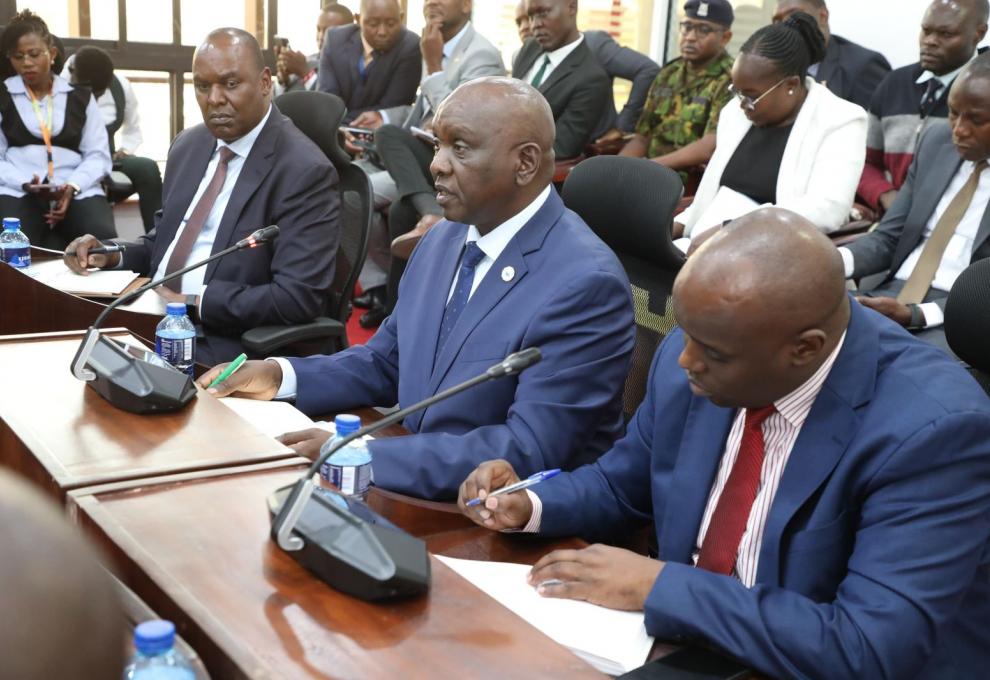𝐄𝐃𝐔𝐂𝐀𝐓𝐈𝐎𝐍 𝐂𝐎𝐌𝐌𝐈𝐓𝐓𝐄𝐄 𝐈𝐍𝐒𝐏𝐄𝐂𝐓𝐒 𝐀𝐒𝐒𝐈𝐒𝐓𝐈𝐕𝐄 𝐃𝐄𝐕𝐈𝐂𝐄𝐒 𝐅𝐀𝐂𝐓𝐎𝐑𝐘 𝐔𝐑𝐆𝐄𝐒 𝐊𝐈𝐒𝐄 𝐓𝐎 𝐄𝐗𝐏𝐀𝐍𝐃 𝐀𝐂𝐂𝐄𝐒𝐒 𝐓𝐎 𝐒𝐏𝐄𝐂𝐈𝐀𝐋 𝐍𝐄𝐄𝐃𝐒 𝐄𝐃𝐔𝐂𝐀𝐓𝐈𝐎𝐍 𝐑𝐄𝐒𝐎𝐔𝐑𝐂𝐄𝐒 𝐓𝐎 𝐂𝐎𝐔𝐍𝐓𝐈𝐄𝐒
The National Assembly Committee on Education, chaired by Hon. Julius Melly, conducted an oversight visit to the Kenya Institute of Special Education (KISE).
The Committee engaged with KISE's Director and Secretary to the Council, Dr. Norman Kiogora, on several matters including teacher training, early identification of disabilities, and the status of key development projects like the Assistive Devices Factory.
Members questioned KISE on its plan to decentralize its essential services to reach learners in rural regions.
"What will happen to kids in Busia, Malindi, where those kids need these facilities? What strategies do you guys have to support people in far places?" questioned Hon. Dick Maungu. He further emphasized the legislative requirement: "We have the Persons with Disabilities Act that mandates KISE to have a center in every county, what is the progress."
Dr. Kiogora in his submissions highlighted current efforts, stating, "We have a mobile assessment track that goes to these areas."
The Director also noted that the institute has aligned its structure to operationalize 10 regional Education Assessment and Resource Centres (EARCs) in the immediate future, but emphasized the need for funding: "We are seeking the funds to facilitate decentralization of this critical function. The proposed Budget for this to be actualized is Kshs. 210 million."
Lawmakers inspected the status of two major projects the Parental Empowerment Centre and the National Assistive Devices Production Unit (NADPU), referred to as the Assistive Devices Factory.
Dr. Kiogora confirmed the factory is nearing completion. "The facility that manufactures equipment for disabilities is 90% complete," he told the Committee.
However, the factory project, established following a Presidential declaration, faces financial hurdles. KISE reported a Kshs. 350 million lapse in funding during the last financial year and a current funding gap of Kshs. 250 million needed to purchase essential equipment for various workshops (aluminium, leather, glass, etc.).
The institute warned, "The funding gap for immediate equipping... will greatly hamper the launch of the Factory within this financial year despite completion of construction works."
Hon. Julius Melly questioned the operational model for the new facility, "How do you intend to manufacture, distribute and sell these assistive devices even regionally. How will it work?" The factory's primary goal is to address the shortage of learning materials and assistive devices to ensure equitable access to education.
KISE also flagged a shortfall of Kshs. 185 million for the Parental Empowerment Centre and requested an intervention of Kshs. 86 million in the Supplementary Budget to purchase specialized equipment for the nearly complete facility.
On teacher training, Committee Members questioned KISE's role and the transition of educators to the Junior Secondary School (JSS) level.
Hon. Julius Taitum asked, "How are teachers transiting to JSS. Have you work with TSC to ensure teachers are transiting?"
The KISE Director clarified its mandate, stating, "KISE they don't do degrees for teachers but diploma and certificates. KISE it's a training center for teachers."
On the JSS curriculum, the institute noted that "learners with serious disabilities can't do some curriculum but learners with few challenges can transit easily to the new curriculum." KISE reported having capacity built over 37,439 teachers and personnel since 1986.
The Committee was briefed on the challenges of land ownership and encroachment facing the institution's planned expansion. KISE confirmed that its 12.74 hectares of land in Mavoko, earmarked for training facilities, have been encroached upon as well as KISE's 19 hectares in Kasarani.
On research, the institute is currently undertaking a study on the "Effects of Hydrotherapy on behaviour and speech development in learners with Autism" and is collaborating with the University of Virginia on a longitudinal study to increase autism awareness among parents and teachers.
Hon. Haro sought clarification on the institution's current coverage, "When it comes to your role as an institution, what is your role in early identification and course. What's your coverage now? When it comes to other kids with disabilities in other counties."
KISE Director, Dr. Norman Kiogora explained it offers services through its Referral Functional Assessment Centre and targeted assessment outreach initiatives across rural areas across the country.
Committee Chair, Hon. Julius Melly commended the Institution on its progress and called on the management to ensure completion of the Assistive Devices Factory.



